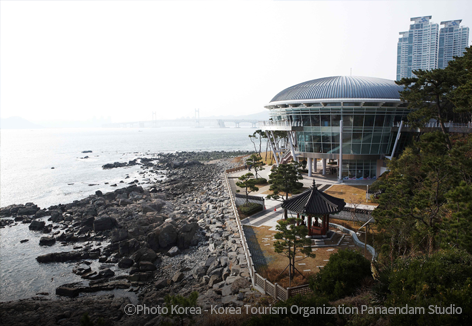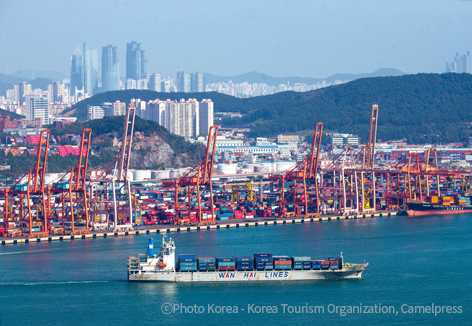APEC 2025 KOREA
Overview

- TitleAPEC 2025 KOREA
- LocationGyeongju, Jeju, Incheon, Busan
- Theme and PrioritiesBuilding a Sustainable Tomorrow: Connect, Innovate, Prosper
Korea and APEC
As of 2024, Korea’s exports and imports of goods to and from APEC economies accounted for 76.3% and 68.2% of its total exports and imports, respectively. Eight of Korea’s top 10 trading partners are in APEC (People’s Republic of China; The United States; Viet Nam; Japan; Chinese Taipei; Australia; Hong Kong, China; Singapore). In addition, 63.8% of Korea's outbound foreign direct investment (FDI) flows to APEC economies, while 51.6% of its inbound FDI comes from APEC economies.


-

-
Korea’s Engagement with APEC
The idea of APEC was first publicly broached by former Australian Prime Minister Bob Hawke during a speech in Seoul, Korea, on 31 January 1989.
APEC was formed in 1989 firstly as a ministerial meeting among 12 economies and was elevated to the APEC Economic Leaders' Meeting in 1993.
Korea hosted the 3rd APEC Ministerial Meeting in Seoul in 1991, where members adopted the APEC Seoul Declaration, which contributed to the establishment of APEC's institutional foundation.
In 2005, Korea hosted the APEC Economic Leaders' Meeting in Busan. During its host year, APEC completed the mid-term stocktake of progress towards the Bogor Goals and established the Busan Roadmap, highlighting pathways to the Bogor Goals.
Korea will continue to work toward the realization of the Putrajaya Vision 2040, focusing on the three economic drivers: trade and investment; innovation and digitalization; and strong, balanced, secure, sustainable, and inclusive growth.
As Korea assumes the APEC Chair again after two decades, Korea reaffirms its commitment to strengthening economic cooperation and promoting sustainable growth within the Asia-Pacific region.
-

-
Korea’s Contribution to APEC
Korea has played a pivotal role in APEC, showcasing its dedication, not only by supporting APEC as an institution, but also by leading flagship initiatives that contribute to economic growth, prosperity, and innovation.
Korea is taking the lead in the long-term effort to facilitate regional economic integration and realize the Free Trade Area of Asia-Pacific (FTAAP) agenda through projects, including the Capacity Building Needs Initiative (CBNI).
- In 2002, Korea established the Institute of APEC Collaborative Education to lead education innovation in the Asia-Pacific region. Through this institute, Korea has been at the forefront of initiatives such as e-learning and school leadership programs.
- In 2005, Korea created the APEC Climate Center to enhance sustainable growth of the region and share experience and knowledge in climate prediction with member economies. The APEC Climate Center hosts the annual APEC Climate Symposium to discuss collaborative approaches to climate risks in the Asia-Pacific region.
- In 2005, Korea founded the MSMEs Innovation Center to enhance the innovation capabilities of micro, small and medium-sized enterprises (MSMEs). Through this center, Korea provides tailored consulting services to MSMEs in the Asia-Pacific region.
- In 2018, Korea launched the Digital Innovation Sub-Fund with the aim of strengthening the capacity of member economies in the digital economy field. Through this fund, more than 40 projects have been implemented in areas including digital economy consumer protection, biometric ID, and global data standardization.